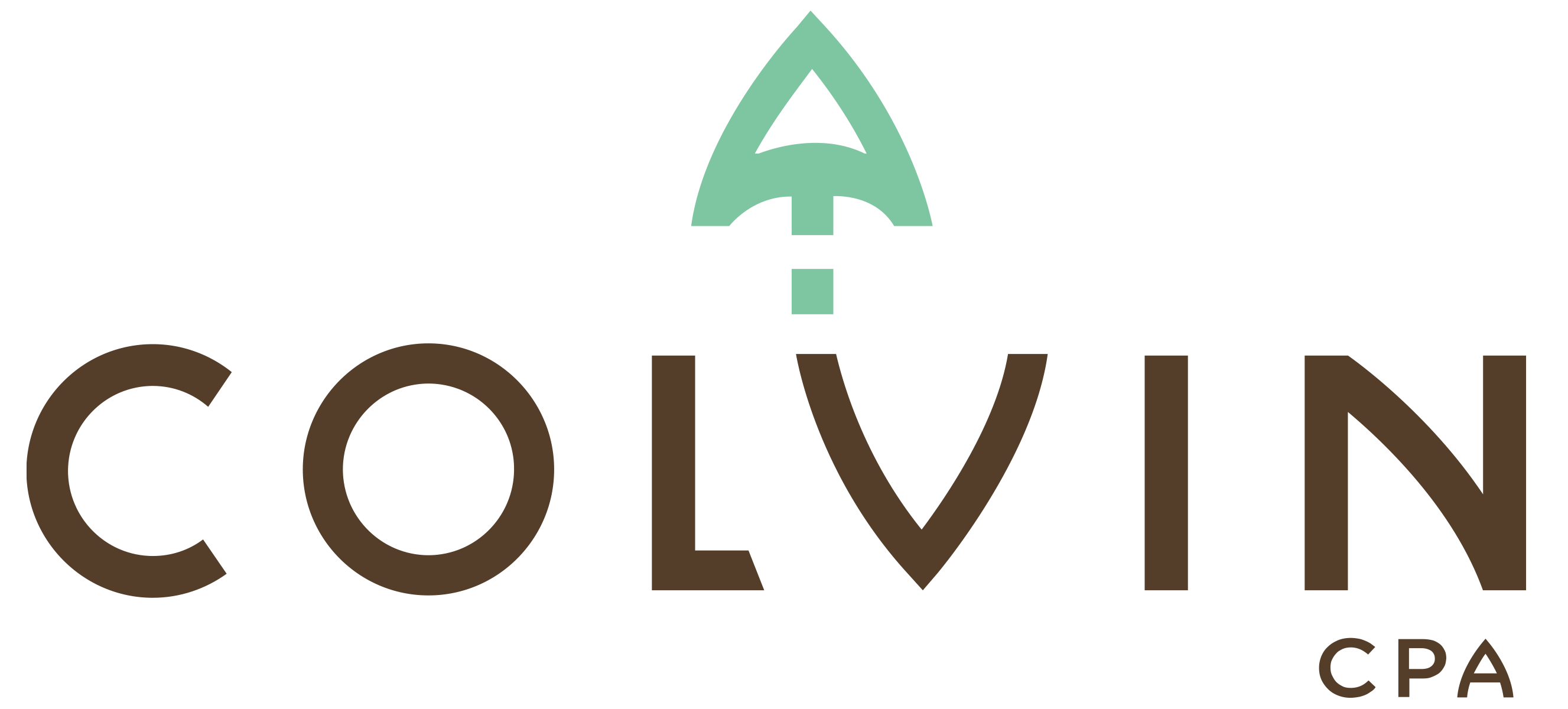The Benefits of Separating Your Business Finances from Your Personal Finances

I am certain that you have heard about the importance of separating your business finances from your personal finances. But, how seriously are you taking that advice? Even if your intentions are good, true separation is easily blurred and can feel daunting. Instead of throwing your hands up or burying that fear into your nightmares, reach out to an accountant to help decipher the correct way to avoid mixing business and personal transactions.
There are 3 major reasons to stop commingling business and personal accounts. Their consequences range widely. In the best case scenario, if your business is never involved in an audit or a lawsuit, properly separating your business and personal transactions just gives you the ability to view financial data that can clarify your business decisions. In the worst case scenario, if your business is dragged into an audit or lawsuit, properly separating your business and personal transactions may be what helps to keep your family home from being taken away. I am not trying to be dramatic for the sake of getting your attention. My goal is to motivate you to learn what simple actions you can take in your daily operations to prevent complex problems.
Reason #1) Separating your business expenses communicates your reason for incurring expenses which provides an owner with the options to…
- delegate accounting tasks
- automate the bookkeeping process
- measure the business’s profitability
- view financial data to clarify business decisions
- identify possible tax deductions
- ease tax filing headaches
Reason #2) Separating your business finances reduces IRS inquiries because it…
- improves the transparency of your business expenses
- helps keep your personal transactions from getting scrutinized during a business audit
- demonstrates profit motive (an IRS requirement for deducting business expenses)
Reason #3) Separating your business finances helps protect your personal assets from legal disputes. It supports the argument that the business is…
- a separate financial entity
- a separate legal entity
- subject to business tax laws
Here is a small checklist to start identifying where you might be mixing business and personal transactions.
- all accounts should be in your business’s name (banks, PayPal, Venmo, credit cards, +)
- provide your clients with a form W-9 with your business’s name and numbers
- ensure that your clients are making payments to your business’s name
- deposit payments from your clients into your business’s accounts
- use your business’s name on all contracts with clients and suppliers
- pay all business expenses from your business’s accounts
- if an expense is partially business and partially personal, pay it from a personal account and submit a reimbursement request to your business for the business portion
- do not personally guarantee business loans
The simplest way to ensure separation is to hire a credible accountant who will advise you through the head-scratchers. It can be hard to see the correct path without experience and outside perspective.
Disclaimer: We have not included all possible restrictions or complexities about any topic here. It is crucial that you consider more information before making any decisions. Always discuss your specific scenario with a professional accountant.
Photo credit: Ann H via Pexels.com
Have a related topic you’d like to learn more about? Share it with us, so we can add it to our blog!


